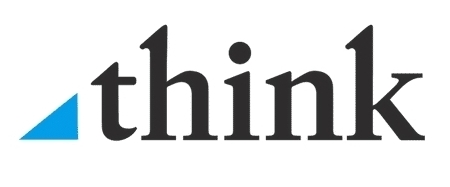
Over the past few decades, the world and the way we go about our daily lives has changed in almost unimaginable ways. From the way we travel, to the way we shop, access entertainment, and even the way we communicate has made leaps and bounds in the world of technological advancement. A sector of our society that has followed suit in this change is the way we send and receive money. By 2025, projections show that 53% of all ecommerce transactions globally will use digital wallets, and by 2030, cashless transactions will more than double.
The COVID-19 pandemic was a significant catalyst in setting this change into motion. When lockdown became the norm across the world, most people were forced to begin social distancing to protect themselves and others. Because of this newfound inability to socialize and interact in the ways we were used to, personal interactions became few and far between. During this time, we saw a rise in popularity in the use of digital wallets, helping people to take care of their personal affairs without boundaries or limitations. Now, in a nearly post-pandemic world, these convenient payment services are here to stay, helping industries and consumers across the world to pay more efficiently.
Forms of digital payment that have seen a boom in popularity in recent years are bitcoin and Ethereum, all falling under the umbrella of cryptocurrency. Research shows that in 2023 alone, there were 3.3 million US adults who pay with crypto, as worldwide payment value reached an approximate $9.28 billion. The interest in non-fungible tokens (NFTs) also increased, with the volume of global payments for NFTs surpassing $1 billion. Despite this success, it is not only individuals that are benefiting from cryptocurrency and digital wallets. Many industries that involve personal finances are also seeing record high engagement, such as the casino industry. PayPal has made a name for itself in recent years, working hand in hand with many online gambling services to facilitate digital payment bonuses. After successful wagers, players from across the world are now able to receive payments at speeds faster than ever before. The legality of this type of payout is increasing in all areas around the globe and is changing the gambling experience.
Central bank digital currencies (CBDC) are also being used in many eastern countries and territories, such as the Eastern Caribbean, China, Nigeria, India, and Russia. So far, 11 countries have adopted CBDC, and over 50 are adopting advanced planning stages for implementation. Another 46 are researching the topic as well. Studies show that 26% of people around the globe will gamble on any given day, showing the true impact of the digitization of this industry.
Clearly, the predictions for the trajectory of digital payments have never been brighter. Nearly all global regions have seen increases in payment revenues. From the year 2020 to future predictions into 2025, the Asia-Pacific region is expected to increase by 42%, North America by 28%, and Europe by 26%. Latin America and the MEA regions are garnering less overall revenue but are still exhibiting significant growth with a 40% and 27% increase respectively.
We know now more than ever that there was a need for technological advancement in the payment space. Between new hybrid work models, our increased capabilities to fight cybercrime, and the need for consumers to receive their money as quickly as possible, the quick adoption of digital payment comes as no surprise. In fact, by 2025, experts predict that 53% of ecommerce transactions will use digital wallets.
What this tells us is that the days of paper money and physical transactions are long behind us. The modern consumer has spoken, showing extreme favor towards digital wallets, credit and debit cards, and account-to-account transfer. All global industries, societies, and cultures have been affected by this shift, including even growing industries like the online casino and e-gaming space. The best part? These advances are showing no signs of slowing down, as more and more industries are adopting the ways of the digital wallet. People are adapting to these new societal norms, allowing us to take care of our personal finances, all while remaining as connected as we ever have been.





























































